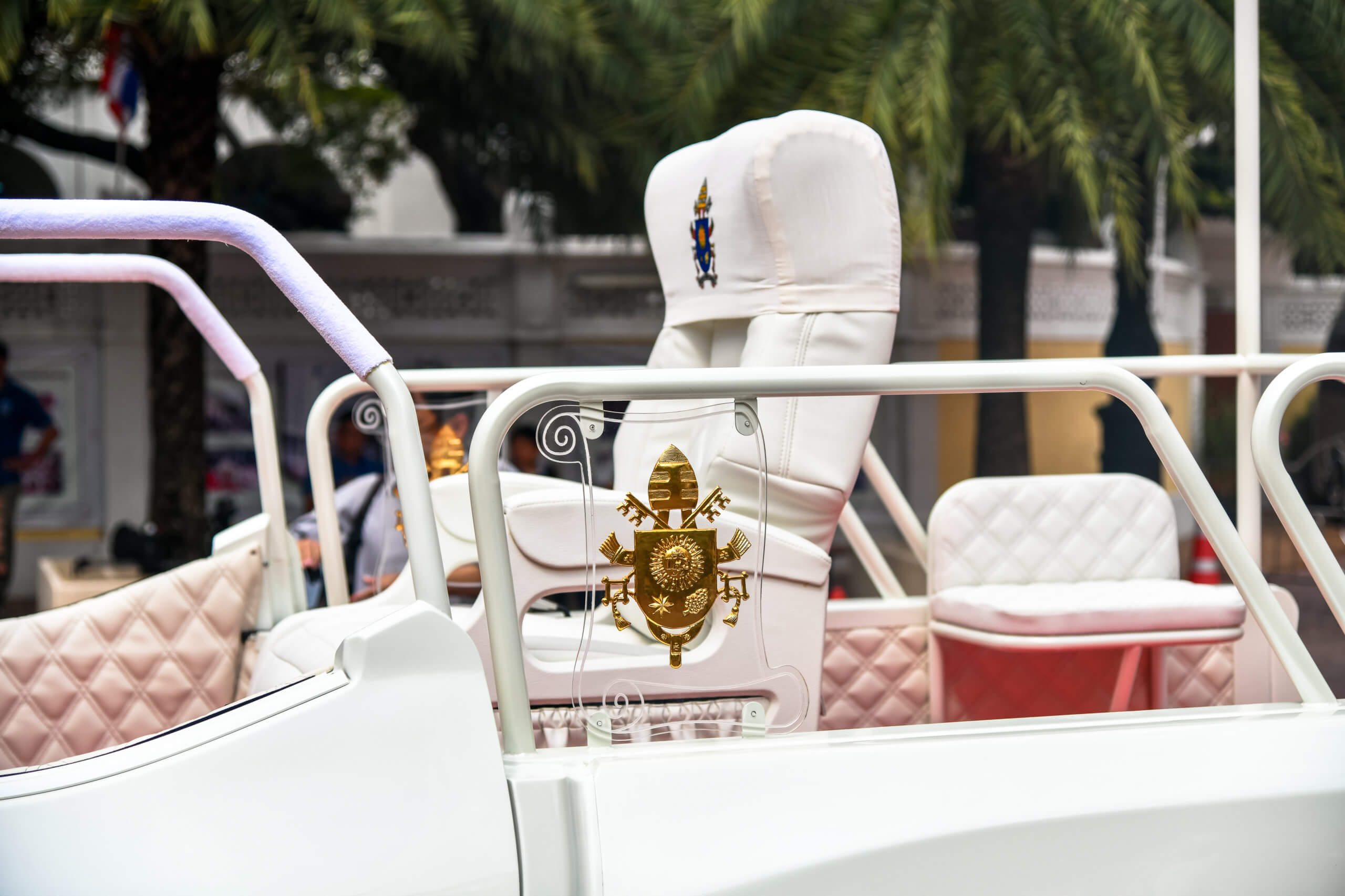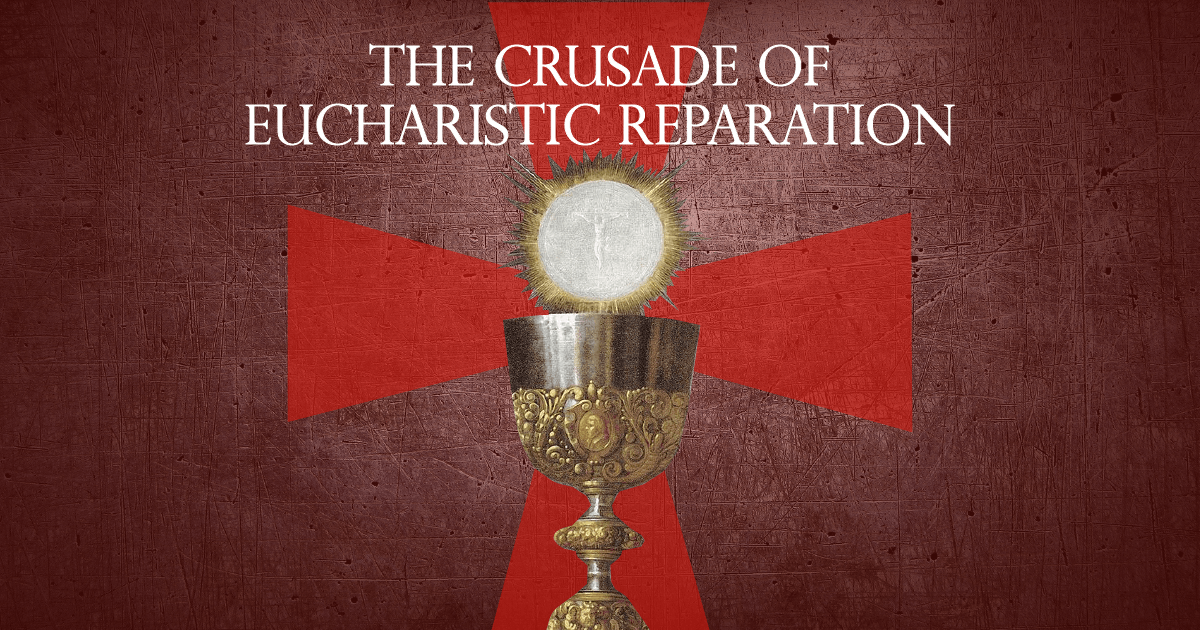Notre Dame’s New President Didn’t Make the Oath of Fidelity In Public — Why Not?| National Catholic Register
On his inauguration day, Notre Dame’s new president concelebrated Mass, received a blessing from his two immediate predecessors and fellow Holy Cross priests, and held up the example of Mary, the Mother of God, as the university’s model for...




On his inauguration day, Notre Dame’s new president concelebrated Mass, received a blessing from his two immediate predecessors and fellow Holy Cross priests, and held up the example of Mary, the Mother of God, as the university’s model for living out its Catholic mission.
“So this is who we are, and who we are called to be,” Holy Cross Father Robert Dowd said in his inauguration address on Sept. 13, referring to the Lady whose statue sits atop the university’s famous golden dome. “Seekers of truth. Sustainers of hope. Builders of bridges. Extending and expanding these gifts we’ve been given — to others and to the world.”
But one thing Father Dowd didn’t do on inauguration day was make a canonically required Profession of Faith and Oath of Fidelity — at least not in public.
The absence may have seemed conspicuous to some, given that other recently installed Catholic higher-education presidents, including two with Notre Dame connections, have made the profession and oath publicly at their inaugurations.
Peter Kilpatrick, the former dean of Notre Dame’s College of Engineering, made a public Profession of Faith and Oath of Fidelity before Cardinal Wilton Gregory when he was installed as president of The Catholic University of America in November 2022.
And more recently — and right across the street from Notre Dame — Holy Cross College’s Marco Clark made the canonically required acts during a publicly celebrated Mass before Bishop Kevin Rhoades of Fort Wayne-South Bend, Indiana, upon taking responsibility for the Congregation of Holy Cross-affiliated institution in March 2023.
New presidents at St. Leo’s University (St. Leo, Florida), Walsh University (North Canton, Ohio), the University of St. Francis (Fort Wayne, Indiana), and Christendom College (Front Royal, Virginia) have also publicly carried out this requirement in recent years.
So did Father Dowd make a canonical misstep by not making the profession and oath for all to see?
In a word, no. While the acts are canonically required, “there is no requirement that the profession and oath be made publicly,” Dominican Father Pius Pietrzyk, a professor of canon law at the Pontifical University of St. Thomas Aquinas in Rome, said via email.
And, in fact, Notre Dame’s new president is slated to make his Profession of Faith and Oath of Fidelity before Bishop Rhoades in private, the bishop confirmed when asked by the Register.
Given continuing concerns about Catholic identity in higher education, public gestures of fidelity are understandably looked for as an indication of a solid commitment to the faith.
But what the Church actually requires of incoming presidents of Catholic universities is spelled out in Canon 833. The provision obliges new presidents “to make a profession of faith according to the formula approved by the Apostolic See” at the start of their term. This declaration should be made in the presence of the relevant Church authority — in most cases, the local ordinary. There is no mention of any kind of wider public ceremony.
The Apostolic See’s standard Profession of Faith includes, in addition to reciting the Nicene Creed, an affirmation that one believes “everything contained in the word of God,” accepts and holds “everything definitively proposed by the Church regarding teaching on faith and morals,” and adheres “with religious submission of will and intellect” to the teachings of legitimate Church authorities.
Additionally, the formula includes an Oath of Fidelity “on assuming an office to be exercised in the name of the Church” that includes pledges to “always preserve communion with the Catholic Church,” “hold fast to the deposit of faith” while avoiding teachings contrary to it, and follow Church authorities “with Christian obedience.”
Relatedly, in their 1999 application of St. John Paul’s encyclical on Catholic higher education, Ex Corde Ecclesiae, the U.S. Conference of Catholic Bishops affirm the requirement of a new Catholic university president to “express his or her commitment to the university’s Catholic identity and to the Catholic faith” in accordance with Canon 833.
“The oath and profession are tools to ensure that the Catholic university is committed to its Catholic identity and mission,” explained Father Pietrzyk.
In fact, Church authorities’ efforts to rein in Catholic universities during the papacy of John Paul II, including the promulgation of Ex Corde Ecclesiae, was in many ways a response to a crisis that Notre Dame had played a key role in starting.
In 1967, under the leadership of Father Theodore Hesburgh, Notre Dame spearheaded the Land O’ Lakes statement, declaring that Catholic universities needed autonomy from ecclesial oversight for the sake of academic freedom.
This has led to decades-long tensions between Notre Dame and Church authority, such as when then-university president Father Edward Malloy said members of Notre Dame’s theology department would not be making a Vatican required oath, stating that there was “no purpose” to the new-at-the-time requirement.
Father Dowd’s decision to make the Profession of Faith and Oath of Fidelity seems to depart from the more recalcitrant stances of some of his predecessors.
But why the new Notre Dame president has decided to make these declarations in private is another question. A university spokesperson declined to answer questions related to the topic, and the provincial superior of the Congregation of Holy Cross, Father James Lies, also did not reply to a request for comment.
Bishop Rhoades suggested the context in which an incoming president of a Catholic institute of higher education makes his or her profession is simply a matter of preference.
“In my experience, some do so publicly and some do so privately,” he told the Register.
For instance, Clark at neighboring Holy Cross College told diocesan media that he chose to make his oath of fidelity in public in part because, as a layman, he’d never made such declarations before. Ordained men, however, already have the experience of making the Profession of Faith and an Oath of Fidelity before their ordination to the transitional diaconate, usually in some kind of ceremony.
“I chose to take this oath as a public declaration and as a reminder of the accountability and responsibility entrusted to me,” Clark said at the time of his inauguration.
Jenna Marie Cooper, a canonist who lives in New York, suggested that there could be good pastoral reasons for making the oath and profession in a public setting, especially as the head of a Catholic university.
“You could argue that back and forth,” Cooper said. “But no, it’s not breaking canon law to do this in the presence of only the bishop.”














